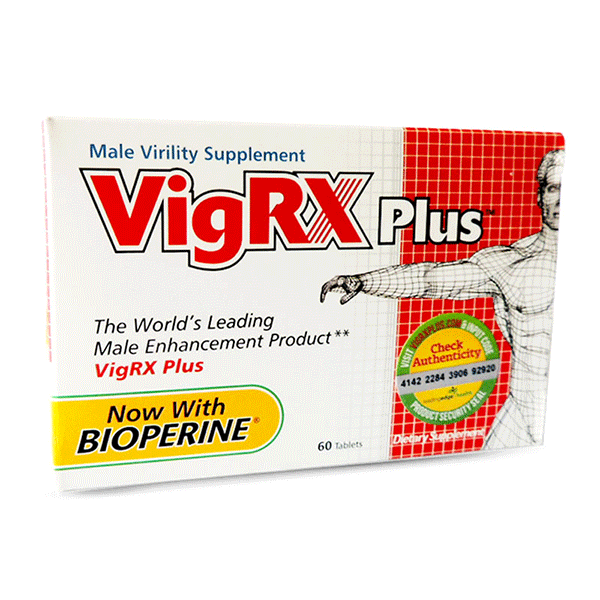National roll-out of PrEP HIV prevention drug would be cost-effective
Providing pre-exposure prophylaxis (PrEP) medication to men who have sex with men who are at high risk of HIV infection (equivalent to less than 5% of men who have sex with men at any point in time) in England would be cost-effective, and could help to prevent up to one in four cases of HIV, according to UCL research.To get more news about buy vigrx oil, you can visit vigrxplus-original.com official website.
The study, published in The Lancet Infectious Diseases today, finds that providing PrEP could become cost effective within 40 years of introduction, but timeframes may be even shorter if the cost of the drugs reduces as patents expire. Over 80 years, the study estimates savings of up to £1 billion as a result of fewer men needing lifelong HIV treatment.

Numbers of new HIV diagnoses in men who have sex with men in the UK have been at high levels for several years, with over 3000 new cases per year from 2012 to 2015, and there is a need for new prevention approaches.
The PrEP pill is a combination of two anti-HIV drugs (emtricitabine and tenofovir) that are taken daily or around sexual activity to reduce a person's risk of HIV infection. NHS England initially refused to pay for PrEP, arguing that responsibility for HIV prevention services lay with local authorities, but following a judicial review and subsequent rejection of that decision, NHS England announced it would provide PrEP to 10000 patients through an implementation study in selected clinics from September 2017. The study is the first study to assess the cost-effectiveness of a national roll-out of PrEP.
"There is no doubt about the effectiveness of PrEP. In addition to delivering a substantial health benefit, our work suggests that introduction of PrEP will ultimately lead to a saving in costs, as a result of decreased numbers of men in need of lifelong HIV treatment," says author Valentina Cambiano (UCL Institute for Global Health)
"As antiretroviral drug patents expire over the next few years, the emergence of generic drugs could result in large cost reductions for PrEP, and these reductions could help to limit the impact of PrEP on NHS budgets, making it cost-effective over a relatively short time," adds co-author Dr Alison Rodger, (UCL Institute for Global Health)
In the study, the researchers evaluated the cost-effectiveness of PrEP when taken around sexual activity - for example, taking two pills before a sexual act, then one pill a day for every day having sex without a condom, and one pill a day for two days after sex - as it has been shown to be highly effective in MSM and cheaper than daily pills.
The study assumed a PrEP programme whereby men who have sex with men would be offered PrEP if they had condomless anal sexual intercourse in the previous three months, a negative HIV test at baseline, and a negative HIV test in the preceding year. This is equivalent to less than 5% of all men who have sex with men.
They used a dynamic individual-based mathematical model to estimate costs, the number of HIV infections, and associated quality of life for men who have sex with men if PrEP was introduced in April-June 2016. They compared results against projections for a scenario where PrEP would not be introduced.
The authors estimate that between 8400 and 12200 men aged between 15 and 64 years old would be eligible to use PrEP in the UK in 2016. The model predicts that in the first year of roll-out, 4000 men would begin taking PrEP, by 5 years 16600 men would be using PrEP, and 15 years after introduction of PrEP to the UK, 38900 men would be taking it. The average estimated time taking PrEP was 4.5 years.
Although HIV incidence was projected to reduce without the introduction of PrEP as a result of men continuing to test at the current level and starting treatment soon after diagnosis, the PrEP programme projected significant health and cost benefits.
Over 80 years, an estimated one in four HIV infections could be prevented by PrEP, equivalent to 44300 fewer HIV infections compared with a scenario where PrEP was not introduced (134600 cases, compared with 178900 cases with no PrEP), leading to improved quality of life, and reduced costs associated with HIV treatment.